Avoid These 8 Worst Foods That May Damage Your Eye Health
Advertisement
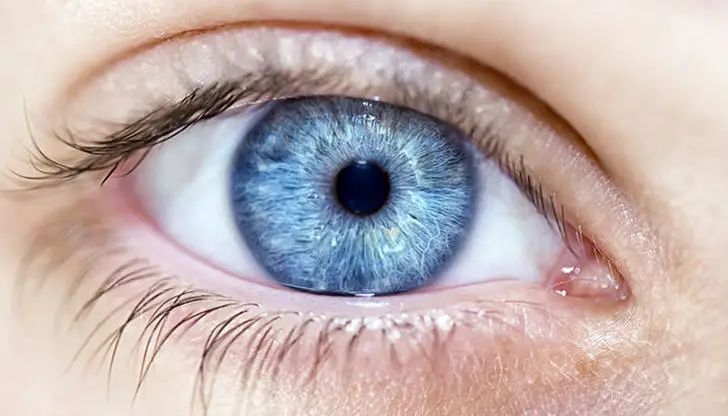
What you eat can impact your eye health. Just like a well-tuned engine needs the right fuel to run smoothly, your eyes thrive when nourished with the right nutrients. While we often hear about the benefits of carrots for our vision, there's more to the story than meets the eye. It's not just about what's good for your eyes – it's equally important to be aware of what's not.
In this article, we're going to delve into the less savory side of our diets – those culprits that may be stealthily working against our vision. Scientific research has revealed these worst foods that, if eaten unchecked, could potentially cast a shadow over your eye health. Let’s check them out
1. Sugary Sweets: Sweet Treats That Sour Your Eyesight
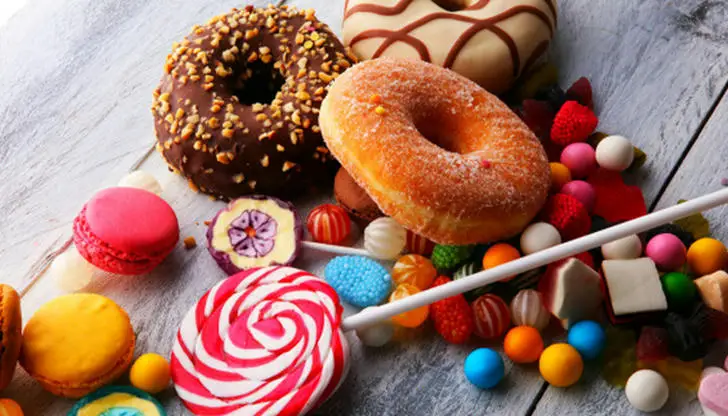
Indulging in sugary sweets might satisfy your taste buds, but it could harm your precious eyesight. According to a study published in the American Journal of Clinical Nutrition, individuals with high sugar intake are at a significantly higher risk of developing age-related macular degeneration (AMD), a leading cause of vision loss among older adults. The study found that a diet high in added sugars could increase the risk of AMD by up to 34%.
High sugar consumption has also been linked to various health issues, including those affecting your eyes. Conditions like diabetic retinopathy, age-related macular degeneration and cataracts can develop due to the impact of excessive sugar on eye health.
Sweetened drinks such as soda, fruit juice, sports, and energy drinks contain a lot of sugar. Some high-sugar foods are cakes, breakfast cereals, doughnuts, pastries and ice creams. High sugar increases your risk of diabetes, heart disease, and eye diseases.
According to the American Heart Association, the recommended intake for men is no more than 9 teaspoons (36 grams) of added sugar per day, and women should aim for no more than 6 teaspoons (25 grams).
2. Greasy Junk Foods: A Clear Path to Blurry Vision
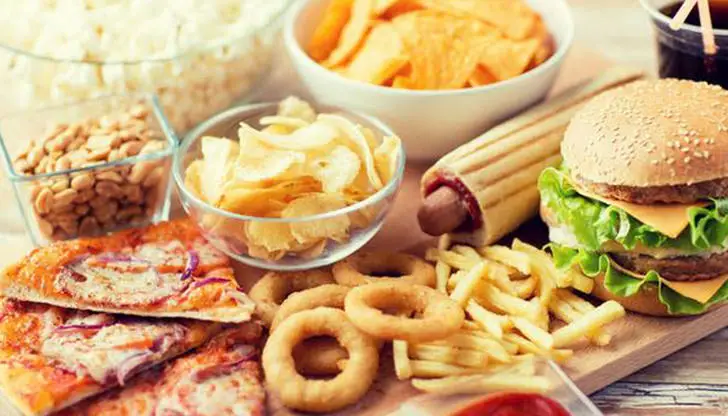
Greasy junk foods might provide instant gratification, but they're no friends of your eyes. A study published in the journal Ophthalmology found that individuals with diabetes who consumed higher amounts of sugary beverages were more likely to develop diabetic retinopathy, a leading cause of blindness among working-age adults.
In addition, high in unhealthy and saturated fats, these foods can contribute to inflammation and poor circulation, ultimately affecting the delicate blood vessels in your eyes. Over time, this could lead to vision problems like macular degeneration.
3. Processed Snacks: A Recipe for Diminished Eyesight
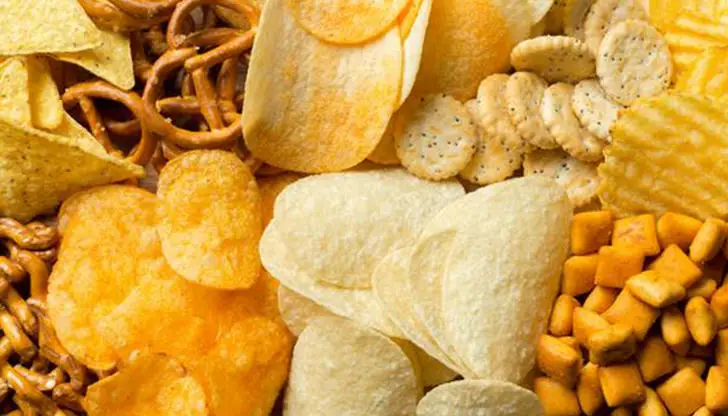
Processed Snacks are also one of the worst foods for your eye health. Many processed snacks are loaded with artificial additives and trans fats, which can disrupt the delicate balance of nutrients your eyes need. Opt for whole, nutrient-rich snacks instead to keep your eyesight sharp.
4. Excessive Salt Intake: Salty Choices, Foggy Eyesight
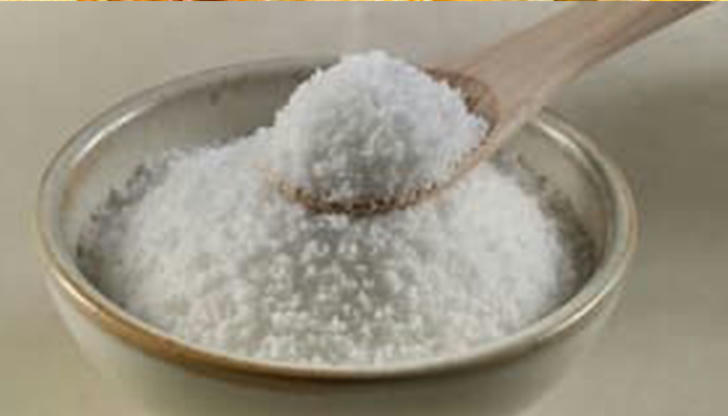
Too much salt in your diet can lead to increased blood pressure and fluid retention, which in turn can affect your eyes. The delicate tissues in your eyes are sensitive to changes in fluid balance, and excessive salt intake may contribute to conditions like dry eyes and puffy eyelids.
Sodium-rich foods include:
• hot dogs
• bacon
• frozen meals
• pickled foods
• canned foods
American Heart Association recommends consuming no more than 2,300 milligrams (about one teaspoon) of sodium per day, and ideally aiming for an even lower intake of 1,500 milligrams for optimal health.
5. Saturated Fats: Fatty Foods, Foggy Future
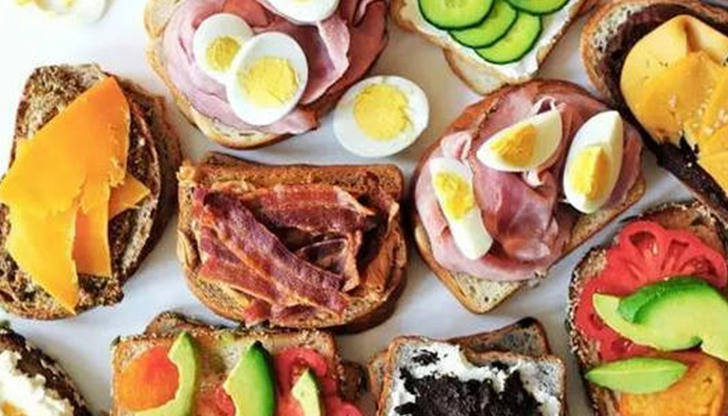
Saturated fats, often found in red meat and full-fat dairy products, have been associated with an increased risk of age-related macular degeneration. These fats may disrupt the intricate blood vessels that nourish your eyes, potentially leading to vision impairment.
Examples of foods high in saturated fats include:
• Fatty cuts of beef, pork, and lamb
• Butter and margarine
• Cheese (especially hard cheeses)
• Whole milk and cream
• Ice cream and frozen desserts
• Fried and breaded foods
• Processed meats (sausages, hot dogs)
• Pastries and baked goods (cakes, cookies)
Choosing lean cuts of meat, opting for low-fat or plant-based dairy alternatives, and incorporating healthier cooking methods can help reduce your intake of saturated fats and promote better eye health.
6. Trans Fats: Transformed Vision from Trans Fats

Trans fats, commonly found in fried and processed foods, are notorious for their negative impact on heart health. But did you know they can also harm your eyes? These fats contribute to inflammation and oxidative stress, both of which can compromise your eye health over time.
7. High-Glycemic Index Foods: Spiking Blood Sugar, Sinking Eyesight

Foods with a high glycemic index can cause rapid spikes and crashes in blood sugar levels. This rollercoaster effect isn't just bad for your energy levels – it can also have a detrimental impact on your eyes. Fluctuations in blood sugar have been linked to conditions like diabetic retinopathy.
High-glycemic index foods and their approximate glycemic index values:
• White bread (GI: 70)
• White rice (GI: 73)
• Sugary cereals (GI: varies, but often high)
• Potato chips (GI: 54)
• Sugary soft drinks (GI: varies, but often high)
• Candies and sweets (GI: varies, but often high)
• Processed and refined carbohydrates (GI: varies, but often high)
Opting for whole grains, legumes, fruits, and vegetables with lower glycemic index values can help stabilize blood sugar levels and support better eye health in the long run.



